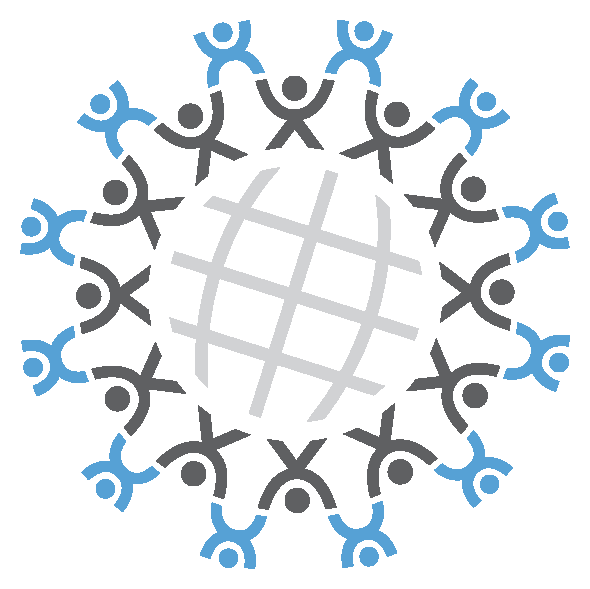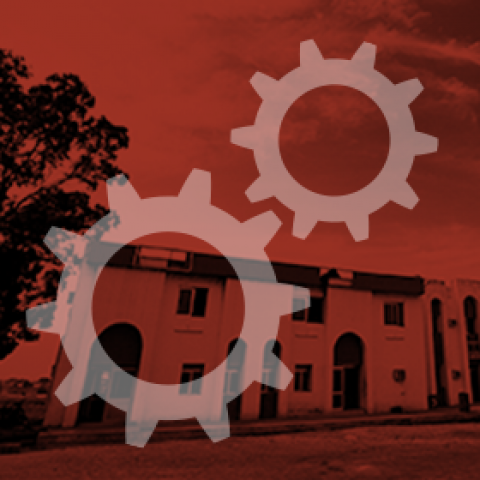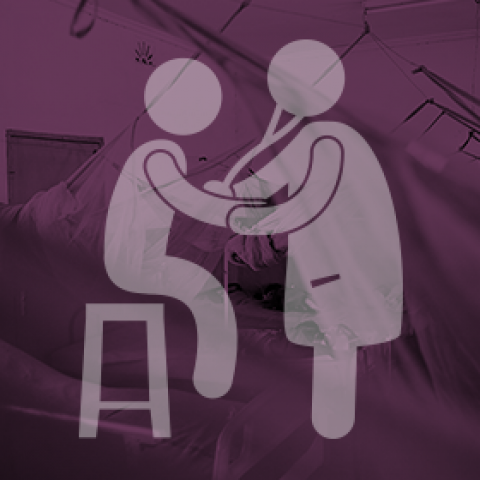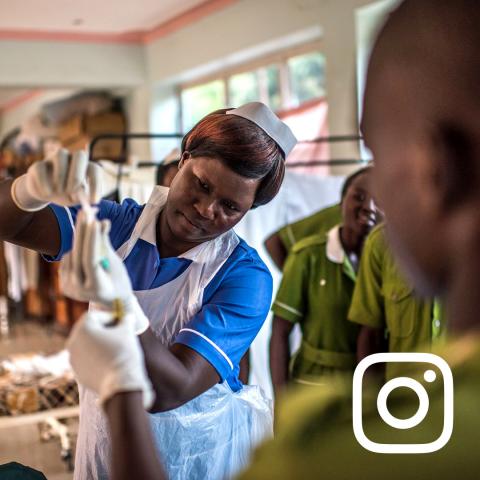Computerized Shortlisting Saves Time and Money, Gets Health Workers Where They Are Needed
The Uganda Capacity Program began collaborating to come up with a better way to quickly recruit, process, and hire qualified health workers.The ‘Fatal Flow’ of Health Worker Migration
More than a year after its devastating earthquake, Haiti is still struggling to recover and rebuild its health system.Without the User, There Is No System: Harnessing Technology through the eHealth Workforce
When we talk about building strong health systems and the health workers needed to run these systems, we often think about doctors or nurses or community health workers. Just as crucial to health...
Where is the Evidence on Building Sustainable Health Systems in a World of Unrest?
Civil unrest is spreading quicker than a pandemic across the Middle East and North Africa. How will these events affect people’s health and the health systems in these countries?Retaining Health Workers in Rural Kenya: What We Can Learn From Other Countries
In the northern arid lands and other remote parts of Kenya, the Capacity Kenya project has been working with the Ministry of Health to design simple packages to attract health workers and encourage them to stay.Local Solutions, Global Solidarity, and Accountability
While the Second Global Forum on Human Resources for Health was full of opportunities, it was also quite deficient in addressing the one global issue that continues to hinder progress.What Brought Us Here Won’t Get Us There: Implementing Country-level Health Workforce Development Plans
Three years ago, we met in Kampala, Uganda, to discuss the critical needs of the global health workforce. Last week in Bangkok, we gathered to take stock of what we’ve accomplished since. Today, 86%...












